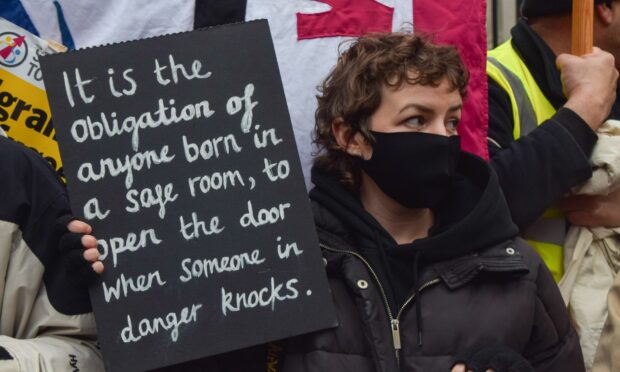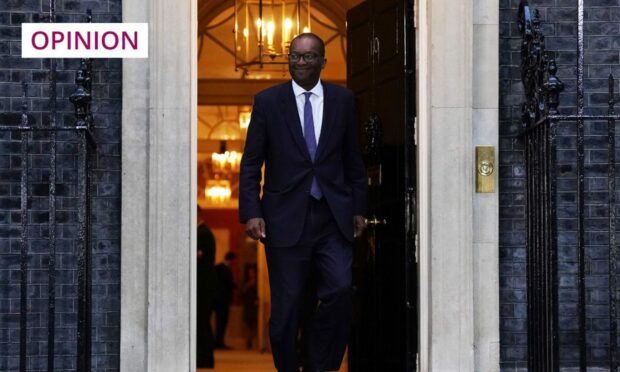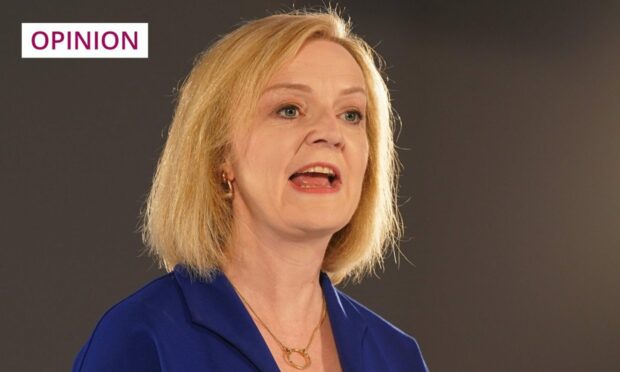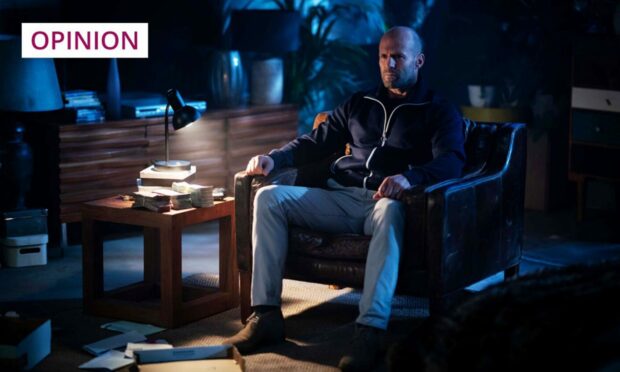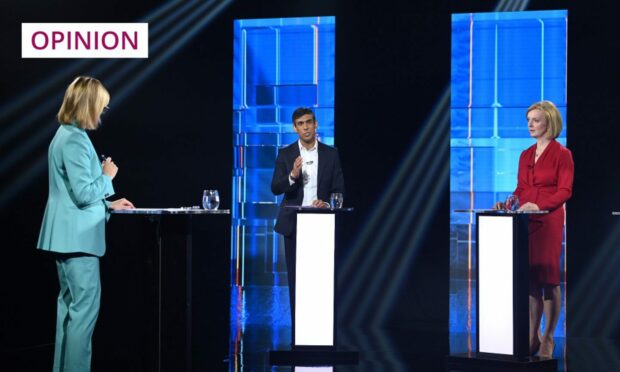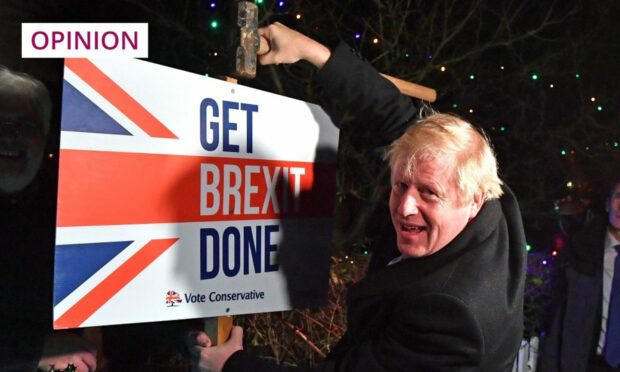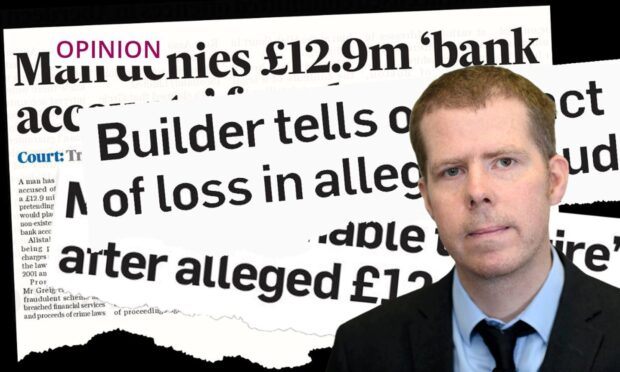Few issues more viscerally divide voters than the way in which we treat those seeking sanctuary in the United Kingdom.
Where some see desperate asylum seekers fleeing persecution – and even the threat of death – in their home countries, others see illegal immigrants, gaming the system.
We’ve all heard the complaint… “They come over here and get everything handed to them on a plate.”
And, so, it’s hardly surprising that the government’s announcement of plans to send some refugees to Rwanda for “processing” has provoked extreme reactions.
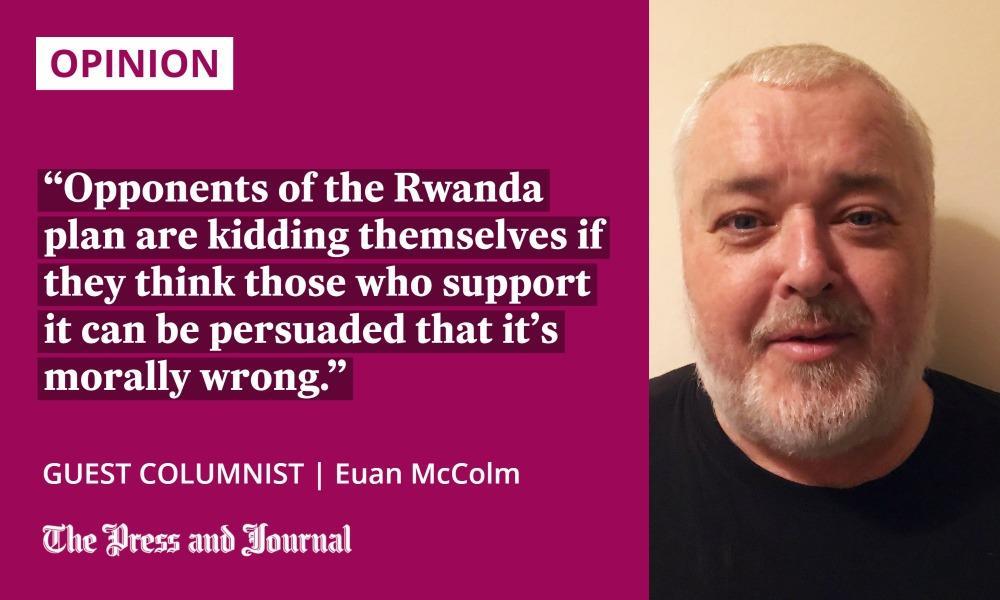
To the liberally-minded, this is a cruel plan, designed not to make the system fairer but to make life more difficult for those seeking safety on our shores. A cursory glance at Twitter reveals real fury at Home Secretary Priti Patel’s deal with the Rwandan government, which will see mostly single men sent to the African nation while their applications for UK residency are considered.
Not unreasonably, critics point out that, just last year, our government denounced Rwanda for failing to conduct “transparent, credible and independent investigations into allegations of human rights violations including deaths in custody and torture”.
But, those of us who see this plan as cynical and flawed should guard against naivety. Poll after poll shows that British people favour a tough approach to those seeking asylum in the UK.
Many who backed Boris are anti-immigration
A YouGov survey last September found a majority supported controversial plans to allow border control vessels to turn back small boats trying to cross the English Channel. And, lest you delude yourself that Scots take a different view on the issue to that of our English neighbours, that same survey showed more of us support than oppose that plan.
Prime Minister Boris Johnson, then, will listen to the howls of anger emanating from the left today and conclude that he has got this one right.
Johnson led a Brexit campaign in 2016 that, despite lots of talk of “sovereignty” and “independence” was characterised by endless, shrill dog-whistles about immigrants. The demonisation of vulnerable asylum seekers was a powerful tactic.
You – like me – may find the idea of sending refugees to a country with an appalling human rights record to be unthinkable. But our dismay will have no impact on the majority, many of whom backed Brexit and Johnson’s premiership precisely because they wanted to see a crackdown on the number of people being granted leave to remain in the UK.
Spending £1.4b on immigration while UK families go hungry
Anti-immigration sentiment is fuelled by the belief that money spent in the aid of asylum seekers is money withheld from local communities. With that in mind, opponents of the Rwanda plan are kidding themselves if they think those who support it can be persuaded that it’s morally wrong.
Even the most enthusiastic supporter of tougher immigration laws may baulk at the idea that Boris Johnson can find £1.4 billion a year to send asylum seekers to Rwanda
Instead, criticism of this latest government initiative should focus on its disproportionate cost. Right now, families across the UK are dealing with a mounting cost of living crisis, as sharp rises in fuel bills lead to increased prices for goods and services.
Even the most enthusiastic supporter of tougher immigration laws may baulk at the idea that Boris Johnson can find £1.4 billion a year to send asylum seekers to Rwanda, but he can’t find another brass farthing to help struggling families heat their homes and feed themselves.
Euan McColm is a regular columnist for various Scottish newspapers
